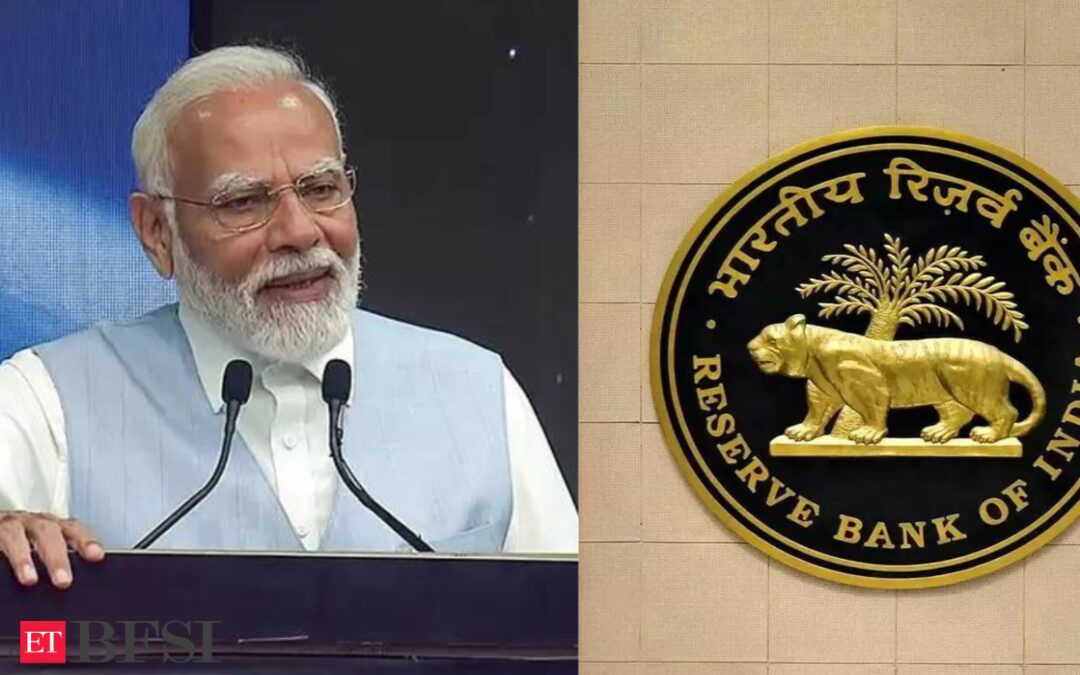NEW DELHI: Prime Minister Narendra Modi on Monday addressed an event commemorating the 90th anniversary of the Reserve Bank of India in Mumbai.
PM Modi while addressing the ceremony said that central government in its effort to revive PSU banks, injected Rs 3.5 lakh crore capital in them. He further said transformation of Indian banking sector is a case study.
Additionally, PM Modi said that NPAs in banks have declined to less than 3% in September 2023 from record high of 11.25 %in 2018.
He further stressed on easy access to credit, promoting ease of doing banking. RBI’s monetary policy committee has worked very well on inflation targeting, said Modi.
“This change has come because our policies, intentions and decisions were clear. Our efforts had stability and honesty. When the intentions are clear, then the policies are right. When policies are right, then the decisions are right. And when the decisions are right, the results are also right,” said Modi.
Union finance Minister Nirmala Sitharaman and RBI Governor Shaktikanta Das were also present at the ceremony.
Shaktikanta Das while addressing the event earlier said that financial sector is stable and GDP growth is strong .
“The Covid-19 pandemic and the ongoing geo politics hostilities have tested the resilience of every economy in the world, including India. The well-calibrated and coordinated monetary and fiscal policies adopted in our country went a long way in shielding our economy from these shocks and helped us to emerge even stronger than before. It’s a matter of satisfaction that today our GDP growth is robust, inflation is moderating, the financial sector is stable, the external sector remains resilient, and the forex reserves are at an all-time high,” said Das.
The RBI, established in 1935, operates as the country’s central bank as per the recommendations of the Hilton Young Commission and governed by the Reserve Bank of India Act, 1934.
Initially led by Sir Osborne Smith, the RBI began its operations on April 1, 1935, overseeing currency issuance, banking services, and rural cooperative development.
In a notable move in 1937, the RBI’s Central Office was relocated from Kolkata to Mumbai.
Over the years, the RBI’s responsibilities have expanded to include monetary management, financial system regulation, foreign exchange management, currency issuance, payment system oversight, and developmental functions.










